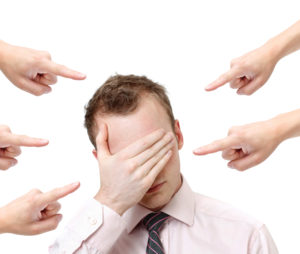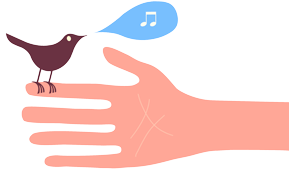 “It wasn’t that bad.”
“It wasn’t that bad.”
“Other people had it much worse.”
“It’s not like I was abused or anything.”
“I should be over it by now.”
“Why am I still thinking about it?”
“I wouldn’t call it trauma.”
“It really was my fault because….”
I have heard statements like these over and over again from clients who have been abused. Even people who have survived the worst trauma imaginable say these same kinds of things.
It makes sense that trauma survivors would think this way because:
- Nobody wants to belong to the “abuse survivor” group. Acknowledging the reality of the abuse means acknowledging you are an abuse survivor. Who wants to be part of that club? It is understandable that it sometimes seems preferable to just deny that the trauma was so bad.
- Knowing it wasn’t your fault is scary. If you think that whatever happened was at least partially your fault, that means that you might be able to prevent that from happening to you again. If it was not your fault, if you were not at all to blame for what happened, then you have to face the possibility that other bad things could happen to you because we don’t have control over everyone and everything.
- Abusers tend to blame the victim. Many perpetrators of abuse blame the abused person for what happened. They say it is your fault for looking or acting or speaking the way you do, for provoking them, or for not understanding them. And then our society often confirms that victims are responsible for their own victimization. People don’t want to know that they, too, could be victimized, so they pretend that such a thing would never happen to them because they wouldn’t do or be or look the way you did.
So instead of the statements above, try these:
[If necessary, preface these statements with “It is possible that….”]
- “It was bad.”
- “Some people have been hurt worse than I was but I had it worse than a lot of people did.”
- “Maybe it actually was abuse.”
- “It makes sense that something that was abusive had a long-lasting impact on me.”
- “It was very hurtful to me. I will think about it as much as will help me heal.”
- “It was trauma.”
- “It was not my fault. Nobody deserves to be treated like that.”
Acknowledging that you were abused and considering the possibility that it wasn’t your fault are important steps on the road to healing. It is easier said than done and should be considered a long-term project, not something you can just change quickly. A therapist can help you with this project, so get the help you need.
